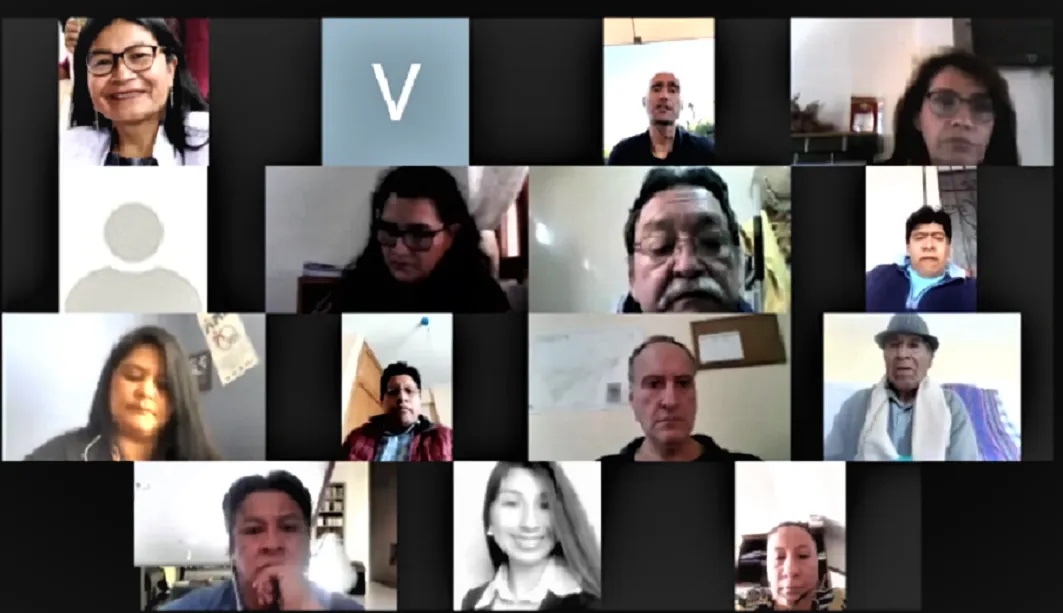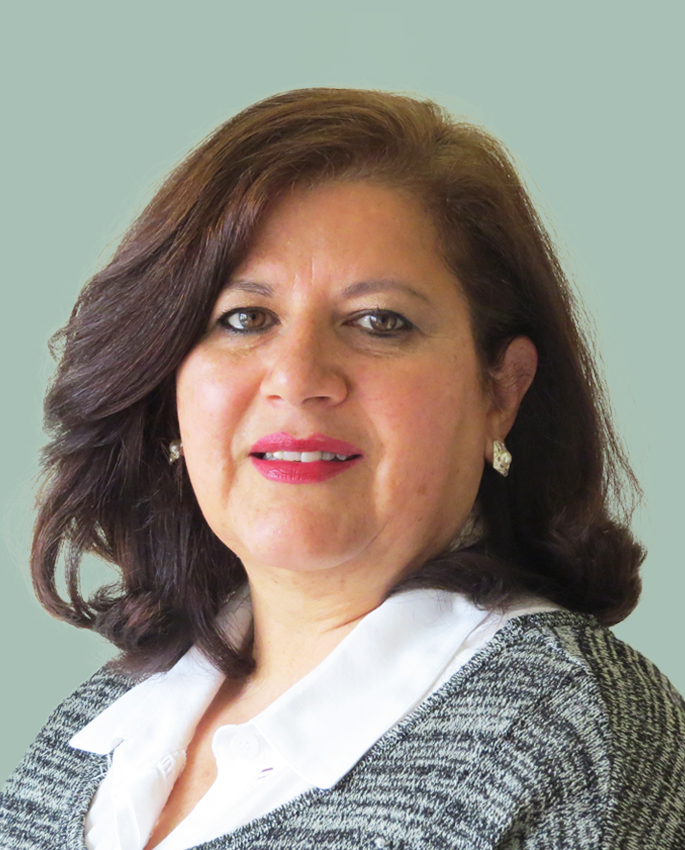“Observa Bolivia” - A Citizens’ Initiative: Strengthening the Rights of Bolivian Civil Society the 2020 General Election

The citizen’s initiative “Observa Bolivia” is a partnership of 14 non-governmental organizations (NGOs), two nationwide networks and an academic body, which with the support of the European Union (EU) and International IDEA in Bolivia, will drive forward a process of Domestic Electoral Observation in the upcoming general election scheduled to be held in Bolivia on 6 September 2020.
Este artículo está disponible en español.
The civil society organizations (CSOs) that brought about this initiative held a wide-ranging first meeting on 8 June 2020 via Zoom, with the participation of 72 attendees, among whom were the directors and coordinators of said organizations; Mr Diego Zurdo, Deputy Head of EU Cooperation in Bolivia; and Mr Alfonso Ferrufino, Senior Advisor of International IDEA in Bolivia, along with members of the technical team.
This virtual gathering provided an opportunity to lay the groundwork along with the CSOs, in a widely participatory dialogue, during which the type of work and the scope of the initiative were outlined, taking note of CSOs’ concerns and contributions, making this a rewarding experience.
During the event, Mr Zurdo expressed the importance of ensuring that the general election scheduled for this year, "is conducted in a free, fair and transparent manner and that the results are accepted by political organizations and society with the objective of stabilizing the political and social crisis that arose following the crisis in 2019.” He praised representation on a national, urban and rural scale, as well as the participation of women, youth and indigenous communities in the "Observa Bolivia" initiative. Furthermore, he underscored the importance of the role that civil society plays in the responsible monitoring of said election and all future elections on a continuous and permanent basis, and also referred to the impact of COVID-19 during the present time.
Meanwhile, Mr Ferrufino highlighted the role of international electoral observers during the 2019 October elections and stressed the importance of the citizens’ vote as part of the democratic construction of public powers and as a fundamental instrument for resolving conflicts such as those experienced in recent decades. However, he warned of the difficulties inherent in the health crisis in limiting the participation of international election missions, so that "citizen observation becomes even more relevant in the current democratic context." In addition, he emphasized the importance of citizen oversight, as a fundamental right and as a contribution to the transparency, fairness and independence of electoral processes; particularly the importance of providing training to the Bolivian people enabling them to exercise their rights and comply with their civic duties in a permanent and sustainable way. Finally, he explained the qualitative nature of domestic electoral observation, as it applies not only to Polling Day, but throughout the whole of the electoral process.
The Characteristics, Objectives and Methodology of “OBSERVA BOLIVIA”
It should be noted that as part of the meeting agenda, International IDEA’s technical team explained that CSOs selection prioritized the following: nationwide coverage; incorporating a focus on gender, generational and intercultural diversity; and strategic partnership with local CSOs and media entities, among others. Furthermore, a test run is planned on nationwide scale 15 days ahead of the elections, in order to verify the proper performance of operational activities and to identify risk areas.
The observation consists of three phases:
Firstly, it is envisaged that there will be a call to incorporate up to 2,400 volunteers, who will be trained on the basis of the “Guía de Observación Electoral,” followed by the selection of permanent observers, duly registered and accredited before the Plurinational Electoral Body (OEP). Also, it is anticipated that politically charged risk areas will be identified during this phase.
The second phase corresponds to Polling Day itself, during which observers will present themselves at the voting places, selected on the basis of a sample made up of 428 precincts and 1,173 tables corresponding to single-member, mixed and special constituencies. In these locations, they will record information on a form prepared on the basis of 32 indicators. This information will then be transmitted through a call center and a web application.
The third phase involves the delivery and publication of reports including conclusions and recommendations to the OEP. The provision of a preliminary report within 72 hours of Polling Day and a final report in accordance with applicable national and international norms, within the framework of qualitative indicators defined by the EU and the Organization of American States (OAS).
The process of observation, analysis and evaluation provided by “Observa Bolivia” is qualitative, comprehensive, independent and impartial, and will render a public report, including conclusions and recommendations, which will be presented to the OEP.
In this regard, the majority of CSOs will participate primarily on Polling Day observation, and the information they gather will contribute to other parts of the report, such as for example, the performance of electoral officials, the existence or otherwise of election-related violence, and any complaints or appeals.
Another group of CSOs will contribute to the analysis of other issues and/or stages in the process, such as the behavior of the media; an appraisal of the OEP’s performance related to training of electoral officials; and a cross-cutting analysis on matters of human rights and gender.
At the end of the event, Ms Carolina Floru, International IDEA’s Programme Officer, invited CSOs to look beyond Polling Day and called for their involvement throughout the whole of the election process in order to enhance the quality of the electoral observation report.




